If recent announcements by various noteworthy winemaking companies are any indicator, hiring consulting winemakers is both trending and something companies want their target audience to know about.
Despite the seemingly steady flurry of press releases earlier this year related to consulting winemakers, Willamette Valley Vineyards Winery Director Christine Clair said the move was nothing new and a longstanding tradition, mentioning celebrated Bordeaux-based enologist Michel Rolland and famed Napa Valley winemaker Andre Tchelistcheff as examples of revolutionaries who created the model and helped define the style of winemaking that many use today.
”Consultants are often hired to lend their reputation and style to a winery, which can help the winery get started or reposition itself,” Clair said.
Some who have used consultants say it’s the best thing they’ve ever done for their winery and highly recommend the practice of bringing in fresh eyes to analyze and help improve their product.
Nini Edwards, manager of Harkness Edwards Vineyards in Winchester, Kentucky, said the winery had hired a consultant and that it had helped the business both expand and improve its product line.
“It is the best thing we have done,” Edwards said. “It gives us an opportunity for fresh perspective and new ideologies to our winemaking process.”
“Because of our consultant we have created some of the best packages, in our opinion, to date. I would suggest every winery consider it — it can’t hurt. And the best thing about a consultant is they can be as short or as long term as you’d like.”
In Christiansburg, Virginia, Whitebarrel Winery has been around since 2006 and owner Richard Obiso has overseen the winemaking since the start with longtime winemaker Jason Crolley also on board. Despite that, Obiso said he’s a strong believer in having a mentor or someone to “just confirm you are using the right techniques, processes and quality assessments.”
In some cases, it can also help your credibility.
“Having a winemaking consultant on board as a contractor can add validity to your manufacturing processes and may be an asset to help facilitate challenging harvest years,” Obiso explained. “You may be able to enhance stylistic nuances in a wine, or maybe just (have) a fresh set of eyes for routine manufacturing.”
Winery owner Austin Hope, who said Hope Family Wines makes use of consultants, said they could be useful for meeting specific goals when looking to fine tune a process or product.
“We typically work with consultants on very specific projects that we are exploring or experimenting with,” he said. “We look for a specific consultant who specializes in that process or specific area. We don’t look at consultants for name recognition but for fine tuning our processes.”
(Photo: Andre Tchelistcheff/Beaulieu Vineyard)

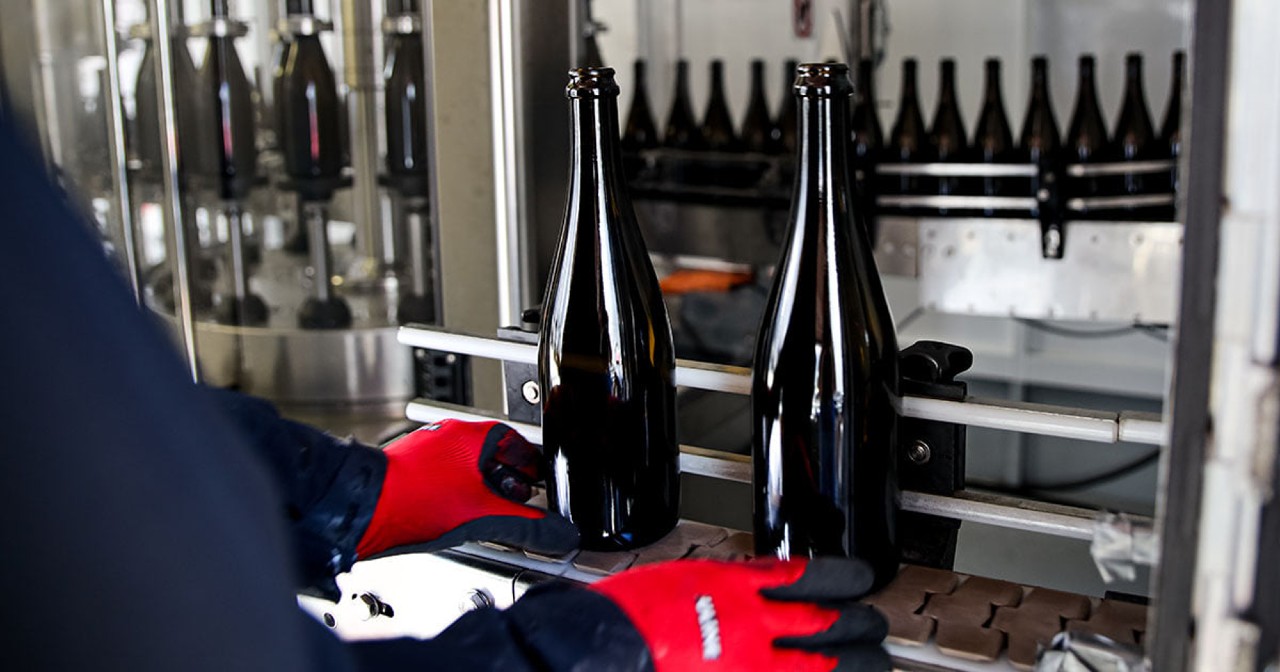
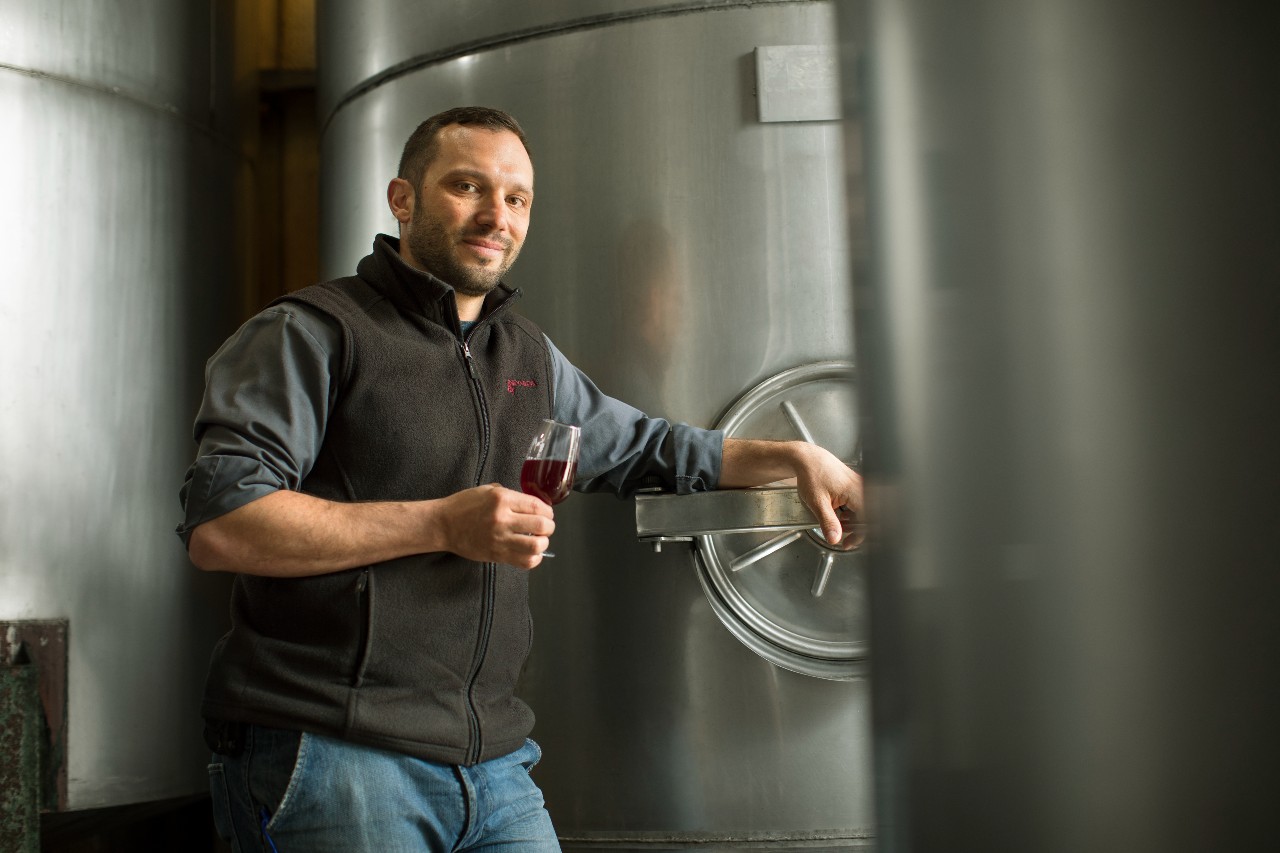
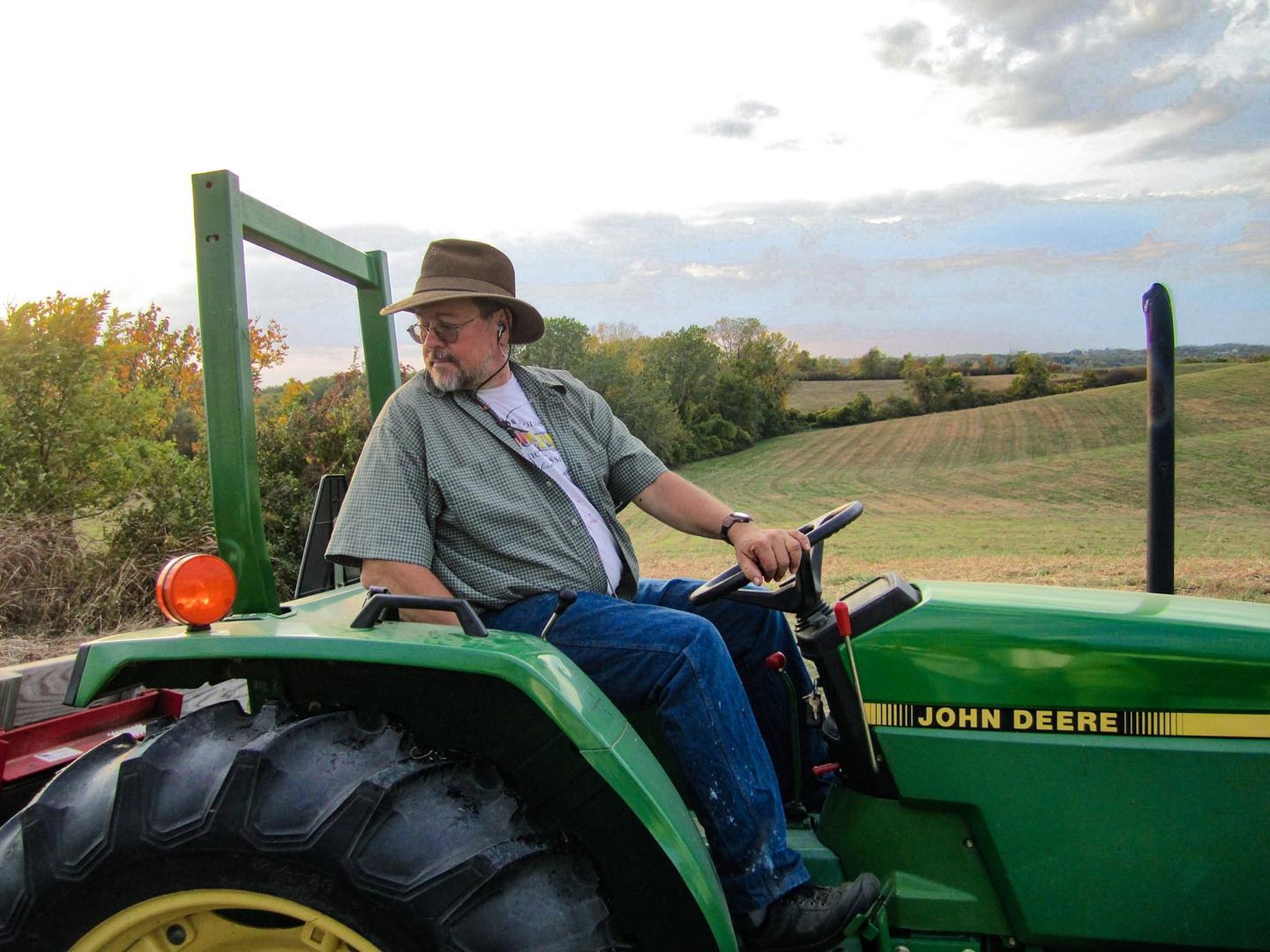
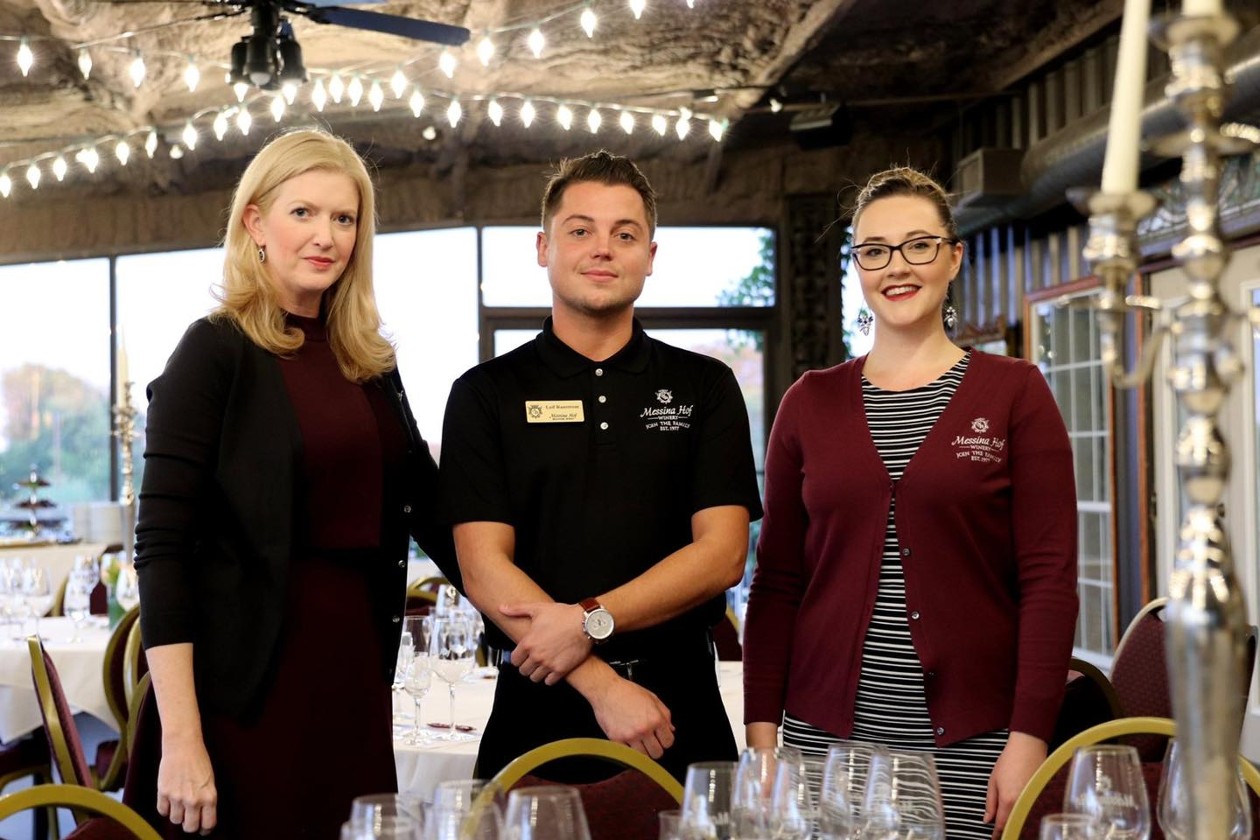
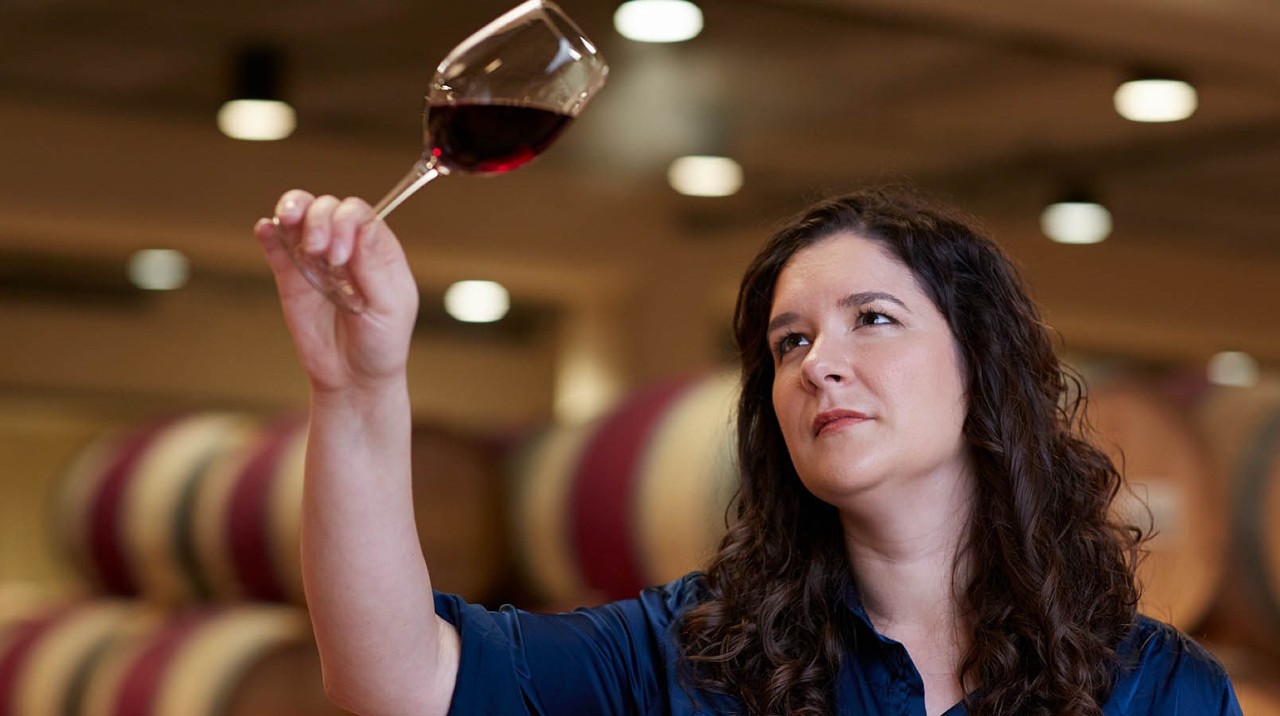


Be the first to comment